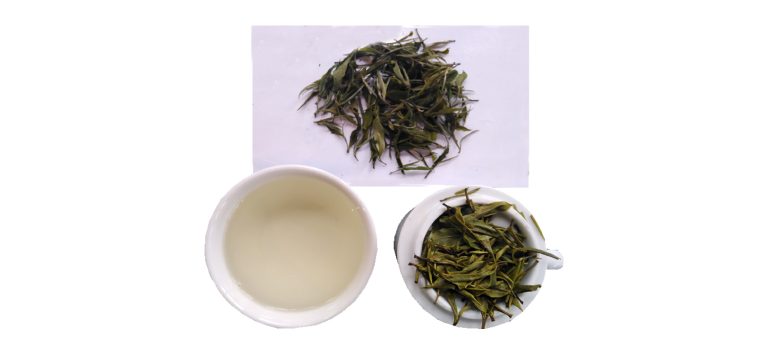Chamomile Tea Side Effects
Introduction
Chamomile tea has long been celebrated for its soothing and calming properties. It is derived from the flowers of the chamomile plant, and its popularity stems from its pleasant taste and numerous health benefits. However, like any natural remedy or herbal supplement, chamomile tea may have some potential side effects that individuals should be aware of. In this article, we will explore the possible side effects of chamomile tea and provide a balanced view of its overall safety profile.
- Allergic Reactions
While chamomile tea is generally considered safe for most individuals, allergic reactions can occur in some people. People who are allergic to plants in the Asteraceae family, such as ragweed, daisies, or marigolds, may experience allergic symptoms after consuming chamomile tea. These symptoms can include skin rashes, itching, hives, and even difficulty breathing. If you have known allergies to these plants, it is advisable to avoid chamomile tea or consult with a healthcare professional before consuming it.
- Interactions with Medications
Chamomile tea contains compounds that may interact with certain medications. It can potentially enhance the effects of sedatives and blood-thinning medications, leading to an increased risk of drowsiness or bleeding. If you are taking any prescription medications, especially sedatives or blood thinners, it is crucial to consult with your healthcare provider before incorporating chamomile tea into your routine to avoid any potential adverse interactions.
- Hormonal Effects
Chamomile tea contains phytoestrogens, which are plant compounds that mimic the hormone estrogen in the body. While this can be beneficial for some individuals, it may cause unwanted hormonal effects in others. People with hormone-sensitive conditions, such as breast or uterine cancer, endometriosis, or polycystic ovary syndrome (PCOS), should exercise caution when consuming chamomile tea and consult with their healthcare provider to determine whether it is safe for them.
- Drowsiness and Dizziness
Chamomile tea is often praised for its relaxing and sleep-inducing properties. While this can be beneficial for those seeking a restful night’s sleep, it may cause drowsiness and dizziness, particularly when consumed in large quantities or in combination with other sedatives. It is advisable to avoid driving or operating heavy machinery after consuming chamomile tea, especially if you are prone to drowsiness or if you have consumed it in large amounts.
- Gastrointestinal Upset
In rare cases, chamomile tea may cause gastrointestinal upset, including stomach cramps, nausea, vomiting, or diarrhea. These symptoms are usually mild and transient but can be problematic for individuals with sensitive digestive systems or those prone to gastrointestinal issues. If you experience any of these symptoms after consuming chamomile tea, it is best to discontinue its use and consult with a healthcare professional if the symptoms persist or worsen.
Chamomile tea is generally considered safe for consumption and is appreciated for its numerous health benefits. However, it is important to be aware of the potential side effects associated with its use. Allergic reactions, interactions with medications, hormonal effects, drowsiness, and gastrointestinal upset are among the potential concerns associated with chamomile tea. If you have any pre-existing medical conditions, allergies, or are taking medications, it is always wise to consult with a healthcare professional before incorporating chamomile tea into your daily routine. Remember, moderation and individual awareness are key to ensuring a safe and enjoyable experience with herbal remedies like chamomile tea.







